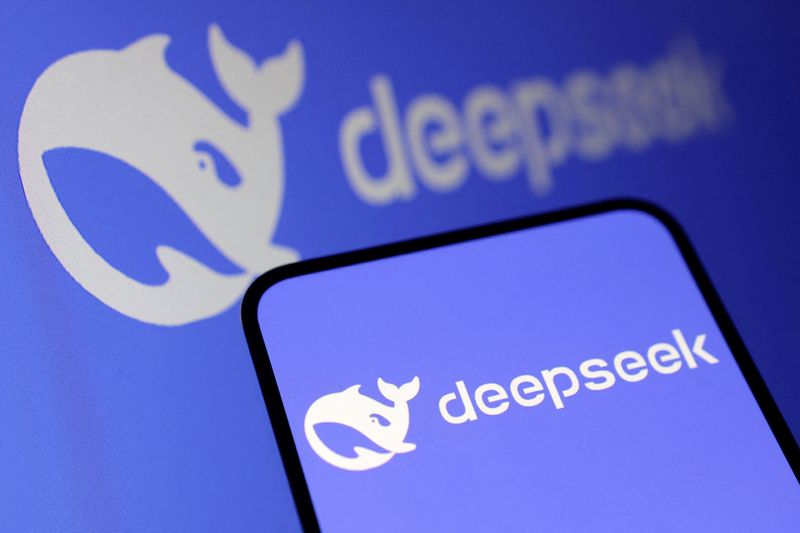Microsoft integrates the DeepSeek model into its cloud platform
Microsoft has officially integrated DeepSeek’s R1 model into its cloud platform, Azure AI Foundry, even as OpenAI, Microsoft’s close partner, reportedly raises concerns over potential intellectual property theft and terms of service violations by DeepSeek.
R1 Joins Azure AI Foundry
In a blog post, Microsoft announced that R1, a reasoning model developed by DeepSeek, is now available on Azure AI Foundry. The platform serves as a hub for AI services tailored to enterprise needs. Microsoft emphasized that the version of R1 deployed on Azure AI Foundry has undergone “rigorous red teaming and safety evaluations,” including “automated assessments of model behavior and extensive security reviews to mitigate potential risks.”
Further, Microsoft revealed that it plans to roll out “distilled” versions of R1, optimized for local execution, on Copilot+ PCs—its AI-powered Windows hardware line.
“As we continue expanding the model catalog in Azure AI Foundry, we’re excited to see how developers and enterprises leverage […] R1 to tackle real-world challenges and deliver transformative experiences,” Microsoft stated in its blog post.
A Controversial Partnership
The decision to integrate R1 comes amid scrutiny regarding DeepSeek’s activities. According to reports, Microsoft previously launched an investigation into potential data exfiltration by DeepSeek via OpenAI’s API in late 2024. Microsoft, as OpenAI’s largest shareholder, informed OpenAI about the suspicious activity, as reported by Bloomberg.
Despite these concerns, R1 remains a highly sought-after AI model, and Microsoft appears keen on leveraging its capabilities while the model maintains its appeal in the AI landscape.
Concerns Over Accuracy and Censorship
It remains unclear whether Microsoft has made modifications to R1 to enhance its accuracy or address censorship issues. Independent tests have flagged significant concerns about the model’s reliability. NewsGuard, an information-reliability organization, found that R1 delivers inaccurate or non-responses 83% of the time when queried about news topics. Another test revealed that the model refuses to answer 85% of prompts related to China—potentially reflecting government-imposed restrictions on AI models developed in the region.
As Microsoft continues expanding its AI ecosystem, the inclusion of R1 in Azure AI Foundry raises important questions about balancing technological innovation with ethical considerations and geopolitical complexities. The tech world will be closely watching how this partnership unfolds.




